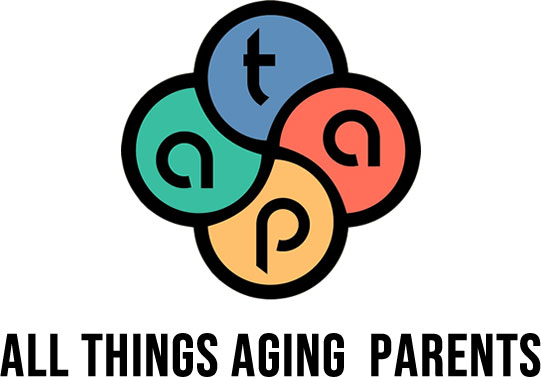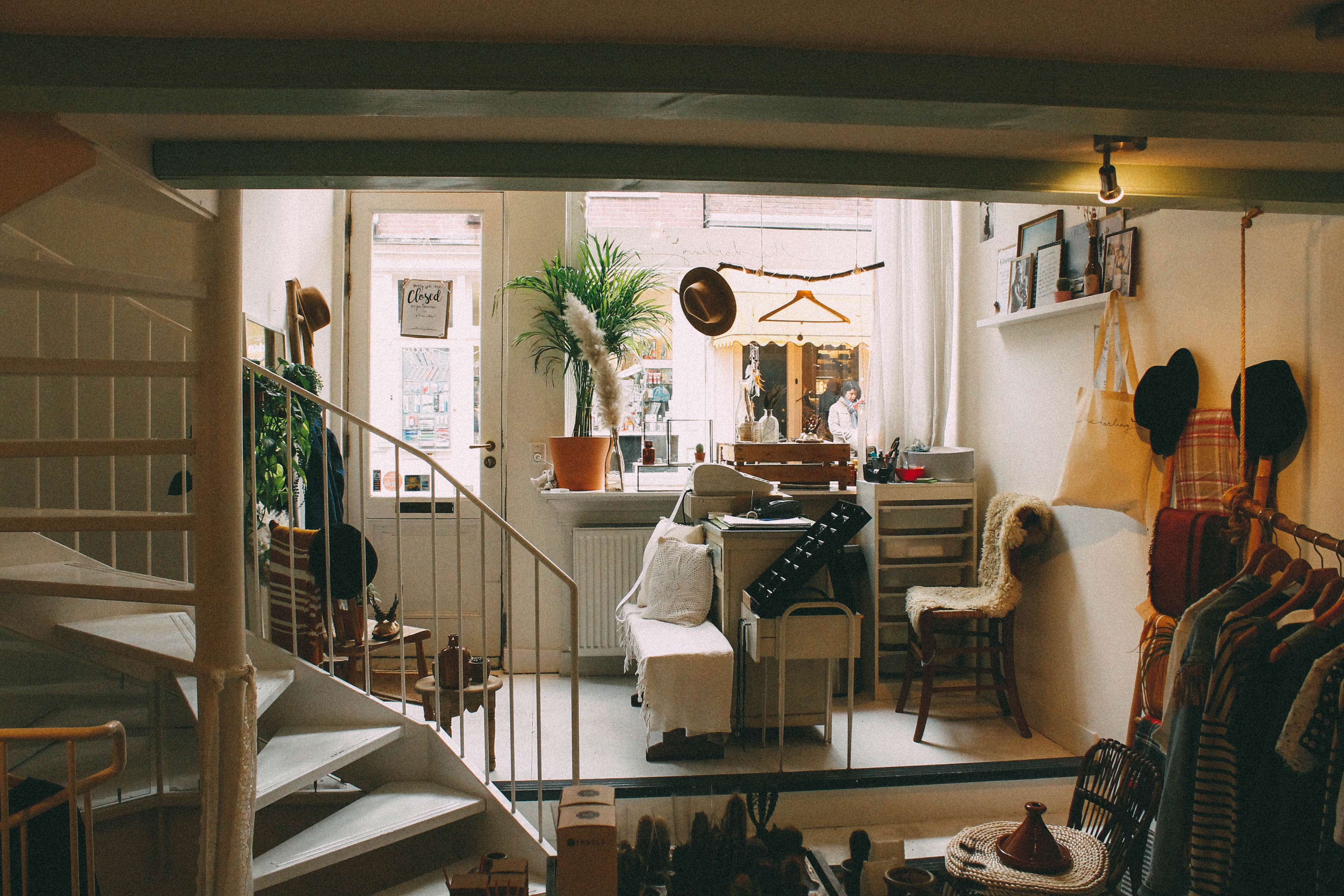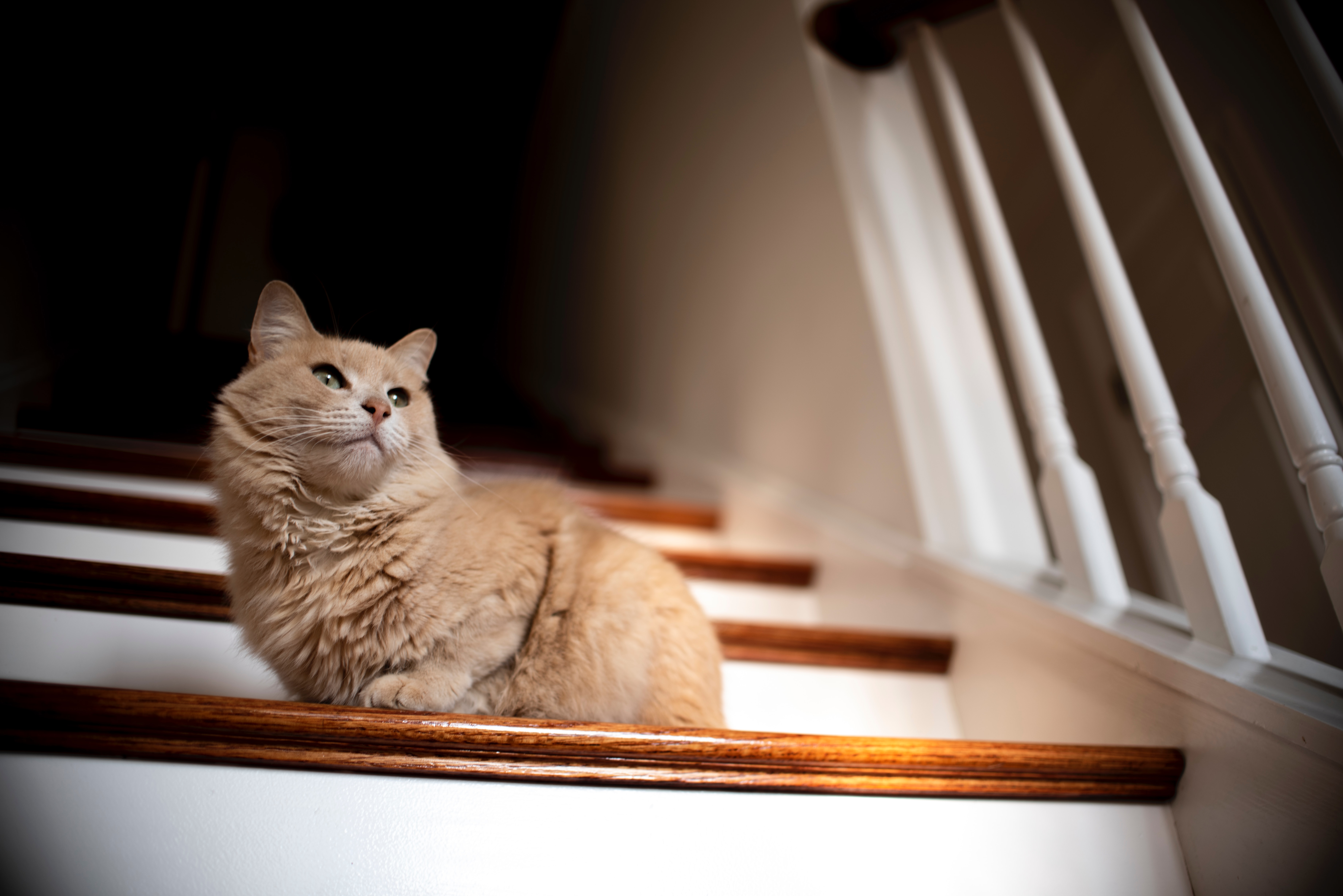Previous Insights
How to Reduce Hazards in Your Home
Rosanne Burke
Home hazards can lead to accidents and falls which are the leading cause of emergency room visits for older adults. The good news is that many accidents can be prevented. If you’re a caregiver to someone who lives at home, evaluating the environment for hazards and putting measures in place to make it safe, are important features of a care plan.
Here are some ideas to consider to keep your home safe and reduce the risk of accidents:
Outside:
Check for any even cracks on the pathways
Install a secure handrail on the steps
Keep the path clear of snow and ice
Keep front entrance well lit.
Assess if you clearly see and hear visitors who come to the door
Living Room:
Remove any unnecessary clutter, books or newspapers
Make sure the walkways are clear
Remove scatter rugs or other tripping hazards
Install plenty of lights that are easy to turn on with touch sensors, clapping, or accessible switches
Make sure electrical cords are tucked away and out of pathways.
Kitchen:
Remove any expired food in the fridge
Keep the pantry well stocked
Store items that are used frequently on lower shelves or easily accessible. Make sure your loved one doesn’t have to bend down or get on a stool to reach something.
Hang heavy items on hooks on the wall.
Remind your loved one to never use a chair for climbing.
Bedroom:
Put a telephone by the bed
Install a lamp within reach
Keep a flashlight by the bed
Make sure there is a clear path to and from the bedroom and the bathroom
Ensure that there is enough room next to the bed for the person to use their walker or wheelchair
Have a night light in the hallway
Remove small rugs
Stairs:
Keep them free of clutter.
Install handrails on both sides.
Put non-slip treads on each step.
Remove any loose or torn carpet.
Bathroom:
Install grab bars by the toilet and in the bathtub
Use a raised toilet seat and a shower bench
Use non-slip adhesive strips or a mat in the bathtub
The bathroom is a main area to pay attention to as many falls happen here.
Hallway:
Install a motion-sensored night light
Install smoke detectors and test them at least twice a year
Laundry and Garage:
Provide a small, lightweight laundry basket or bag
Purchase smaller bottles of detergent
Remove any dangerous or expired chemicals
Most older adults want to stay in their home. If you care for a parent or older adult, make sure it’s safe for them to do so. Think about the future and plan ahead.
You don’t want to be the person who says, “we were afraid something like this would happen”.
Rosanne Burke is a Dementia Care Consultant, trainer, and speaker. She helps family caregivers feel more confident and competent in their caregiving role with training and resources. She's also a marketing consultant, a freelance writer and owner of Keji Consulting. You can email her at rosanne@kejiconsulting.ca.


The information contained in this website is provided as a service to the Internet community, and does not constitute legal or medical advice. All Things Aging Parents works to provide quality information, but we make no claims, promises or guarantees about the accuracy, completeness, or adequacy of the information contained in or linked to this website. Information should be researched and used in light of the specific circumstances of each case. Because laws and policies are constantly hanging, nothing provided here should be used as a substitute for professional advice.
Senior care is a challenging and constantly changing topic. In order to stay relevant to your needs, ATAP welcomes your comments and suggestions. Please email us at: info@allthingsagingparents.com
All Things Aging Parents helps families during the overwhelming times of changing family dynamics and responsibilities. We don't want to add stress to this process so we offer our information free of commitment. Our sponsors make this possible. Please click here for more information about becoming a sponsor.
Privacy Policy



